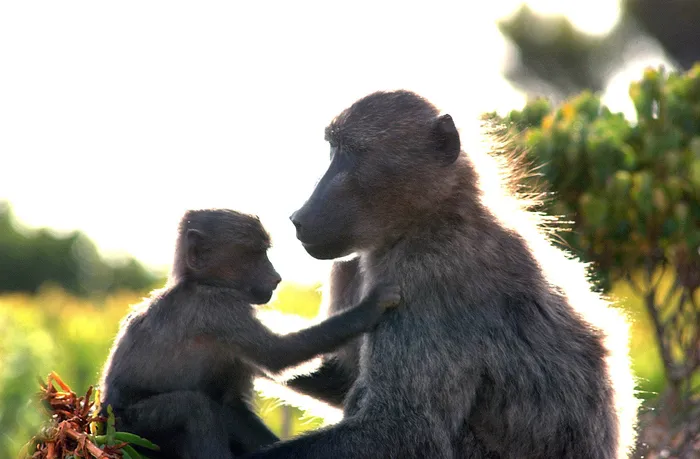Carnivore controversy: Zoo culls and ‘pet donations’ spark global outrage

A recent decision by the Nuremberg Zoo to cull 12 baboons due to overcrowding has sparked widespread public upset and legal complaints.
Image: File
What's the logic in capturing wild animals and keeping them in enclosures, then feeding them live prey to keep their wild side alive?
Yet this seems to be exactly the logic of the Nuremberg Zoo in Germany, where a recent decision by the zoo to cull 12 baboons due to overcrowding has sparked widespread public outrage as well as legal actions. What's added fuel to the fire is that six of these baboons were dismembered and fed to carnivores, including lions, tigers, and maned wolves.
This practice has raised questions about the ethics of keeping wild animals in captivity and feeding them other animals to maintain their natural instincts.
While zoo officials have defended their actions, citing the benefits of whole-animal feeding for the carnivores' dental health and natural behaviour, many are left wondering if this is truly the best approach.
Jörg Beckmann, Deputy zoo director, explained it this way: “Evolution equipped them with claws and teeth for this. There’s no nature documentary about big predators where they don’t spectacularly hunt or feed on a carcass."
Point taken; however, critics argue that this approach is inhumane and raises questions about the zoo’s conservation role. With hundreds of complaints filed with the Nuremberg-Fürth public prosecutor’s office, it's clear that this incident has brought the complex ethical choices faced by zoos into public focus.
The debate isn’t isolated to Germany. In Denmark, Aalborg Zoo faced similar backlash after the zoo ventured into similar territory when it stirred up controversy with its latest initiative: inviting the public to donate their pet animals, like chickens, rabbits, and guinea pigs, as food for its predators.
In that case, animal welfare advocates were, and still are, up in arms, arguing that this practice exploits vulnerable pets and reinforces a culture of treating animals as mere resources.
The Aalborg and Nuremberg zoos issue is a hot potato, and the debate is heating up, with some people, in the case of the Denmark Zoo, praising the zoo's honesty and others decrying the practice as a troubling ethical dilemma.
Whatever transpires, the debate highlights the challenges of balancing animal welfare, conservation, and education in zoos. As the public and activists continue to demand answers, one thing is certain: the future of zoos and their role in conservation will be shaped by the ongoing conversation about animal welfare and ethics.